Normalement, je ne suis pas politique sur mon site de photo, mais j’aimerais promouvoir une petition qui concerne Chamonix et Les Houches, en demandant nos Mairies d’interdir les cirques avec animaux. On peut le signer en tant que resident ou touriste.
Vous pouvez signer cette petition ici – Stop aux Cirques avec Animaux .
Messieurs,
On souhaite par le biais de cette pétition attirer votre attention sur les conditions de vie et d’exploitation des animaux dans les nombreux cirques présents chaque année dans nos communes notamment avec le Cirque Star, plusieurs cirques Médrano différents, Cirque Jean Richard etc..
Comme nous les animaux sont doués d’émotions, ressentent la peur et la douleur. Ils tissent des liens sociaux forts et comme nous souhaitent seulement vivre libres.
On oppose donc fermement à l’exploitation et la souffrance d’animaux pour notre « divertissement » .
Et donc vous demander de mettre en place une interdiction des cirques avec animaux dans nos communes.
Pendant la morte saison, les animaux restent dans des boxes de transport, des étables voire même dans des camions ou des remorques. Rares sont les cirques qui ont les moyens ou la volonté d’investir dans des abris adaptés qui ne serviront que quelques mois par an.
Cet enfermement a des conséquences physiques et psychologiques dévastatrices. Une étude américaine révèle que les éléphants captifs passent environ un quart de leurs journées à secouer la tête ou à se balancer compulsivement, tandis que les ours arpentent leur cage de long en large.
Les animaux utilisés par les cirques sont constamment transportés d’une représentation à une autre dans un environnement où leurs besoins les plus élémentaires ne peuvent être satisfaits. Plus de 90 % du temps, ils sont enfermés dans des wagons pour « bestiaux », ou des enclos temporaires mornes, et peuvent être battus et punis dans le cadre de méthodes de dressage inhumaines. Cela n’a rien d’un « divertissement ».
Les animaux dans les cirques sont privés de tout ce qui leur est naturel et important. Leur équilibre mental est brisé et ils sont isolés, enchaînés, seuls, dégradés et désœuvrés. Des comportements tels que faire les cent pas, mordre les barreaux, tourner en rond et l’automutilation sont fréquents chez les animaux du spectacle. Il est maintenant reconnu que ce comportement névrotique est causé par la captivité et un mode de vie artificiel.
Tous les animaux détenus dans les cirques ont des besoins spécifiques. Certains, comme les lions, ont besoin d’un climat chaud ; d’autres, comme les ours, d’un climat plus frais. Tous ont besoin d’espace, d’activités, de liens sociaux, d’eau et de nourriture en quantité suffisante. Dans les cirques, ils n’ont rien de tout ça. Ils sont enfermés dans des cages de transport ou des enclos étriqués d’où ils ne sortent que pour faire leur numéro.
Parce que les animaux ne font pas naturellement de la bicyclette, ne se tiennent pas sur leur tête, ne font pas l’équilibre sur des ballons ou ne sautent pas à travers des cerceaux de feu, les entraîneurs utilisent des fouets, colliers serrés, muselières, matraques électriques, baguettes avec crochet (« bull hock ») et autres outils douloureux pour les forcer à effectuer leur spectacle. La punition physique a longtemps été la méthode standard de dressage pour les animaux dans les cirques.
Les animaux en captivité sont connus pour « craquer » sous la pression. Il y a eu des dizaines de morts et de blessés humains documentés attribuables aux animaux détenus dans les cirques ou d’autres environnements de captivité.
A leurs places, préfèrerions nous pas plutôt vivre LIBRES avec les risques que cela comporte mais profiter de notre liberté, entourés des nôtres ou alors vivre une vie de solitude dans une cage, parcourant des kilomètres et des kilomètres dans des camions, exécuter des tours pour le bon vouloir des dresseurs, être soumis à leurs volontés et faire des tours contre nature comme par exemple s’asseoir sur ses fesses pour un éléphant ce qui peut occasionner de graves blessures internes.
Ne vaut-il pas mieux encourager les programmes de préservation des espèces dans les pays d’origines de ces animaux et montrer de très beaux reportages aux enfants et adultes qui souhaitent découvrir ces animaux dans leurs milieux naturels ?
Interview du maire de La Ciotat, Monsieur Boré Patrick , qui vient d’interdire les cirques avec animaux sauvages:
Vidéos de dressage et des conséquences sur les animaux dont certaines sont tournées en France :
- https://www.youtube.com/watch?v=bU3QCqBQV5Q
- https://www.youtube.com/watch?v=ubcbzEIfchw
- http://www.dailymotion.com/video/xca3st_enquete-dans-un-cirque-zavatta_animals
- http://www.dailymotion.com/video/xhw6ij_elephant-maltraitance-cirque_animals
- https://www.youtube.com/watch?v=OkH5s3ulwvY
En votre qualité de maire et selon l’article 211 du Code Rural, vous avez le pouvoir de prendre des mesures de nature à prévenir les risques pour la sécurité des personnes que peut présenter la présence d’animaux sur le territoire de votre commune et ainsi refuser l’installation d’un cirque détenant des animaux.
Un nombre croissant de communes françaises comme La Ciotat récemment, La commune de Truchtersheim (67), la Ville de Thaon Les Vosges, Bagnolet, Montreuil, Ilkirch, Vernaisson et Chassieu et de villes et pays à l’étranger ont restreint ou interdit l’utilisation d’animaux pour l’amusement tels que la Belgique, l’Iran, la Catalogne en Espagne, la Suède, le Danemark, la Finlande, l’Autriche, le Mexique, les Etats Unis, le Canada, la Slovénie et l’Inde…
Les temps ont changé. Il n’est plus acceptable de traiter les animaux comme des objets pour notre amusement. On espère que vous serez d’accord avec cette position et que vous allez vous aussi montrer l’exemple aux autres villes de France en refusant d’accorder des permis pour les cirques d’animaux sauvages sur le territoire public.
On a conscience que c’est une décision difficile à prendre mais c’est une décision courageuse.
Voici un modèle de délibération pour interdire l’installation de cirques avec animaux sur votre commune: http://www.cirques-de-france.fr/sites/default/files/doc_a_tel/Delib_Conseil_municipal.pdf
Les Français et les résidents permanents étrangères habitant dans vos communes, ainsi que les touristes qui se soucient des animaux vous remercieront d’avoir pris cette décision progressiste.
Dans l’attente de votre réponse, veuillez agréer, Messieurs, nos salutations distinguées.


 English
English
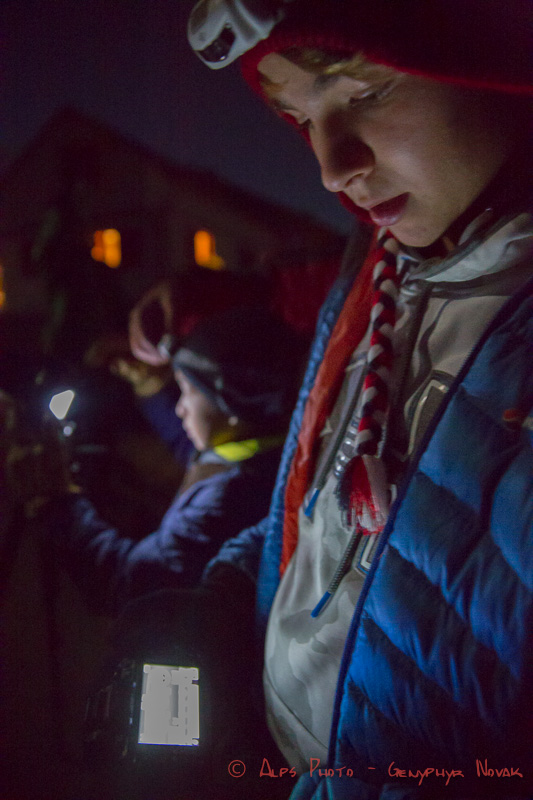
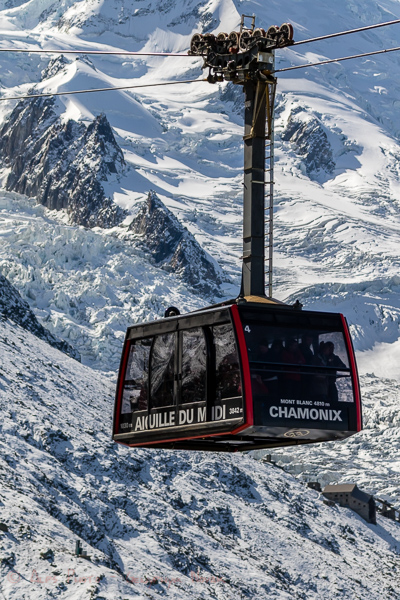
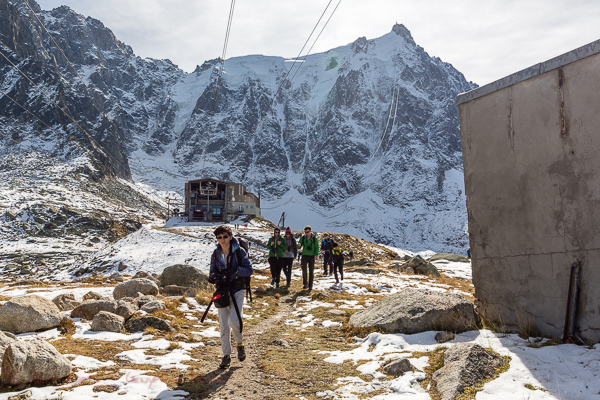
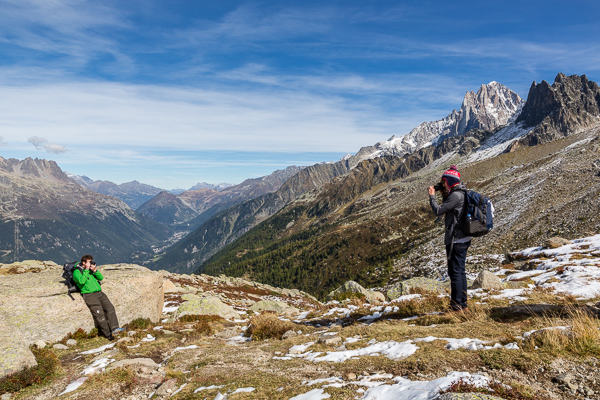
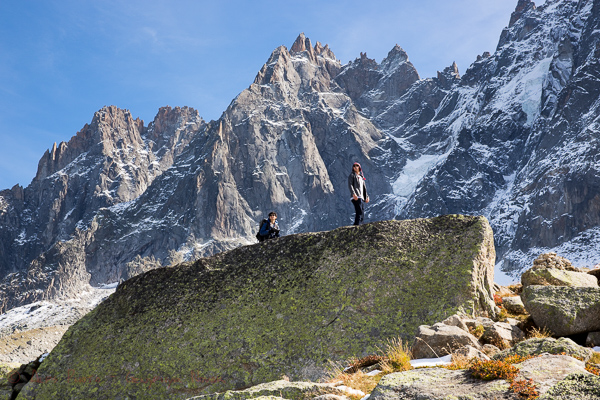
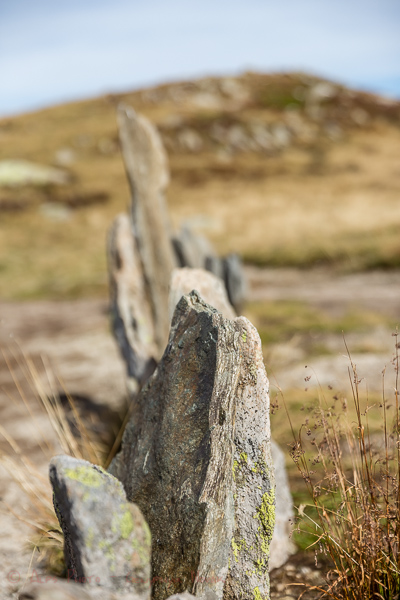
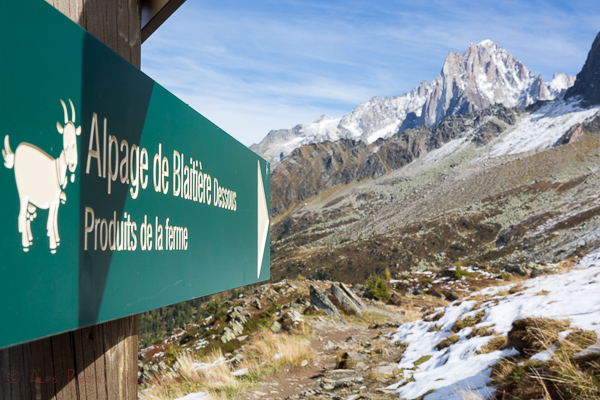
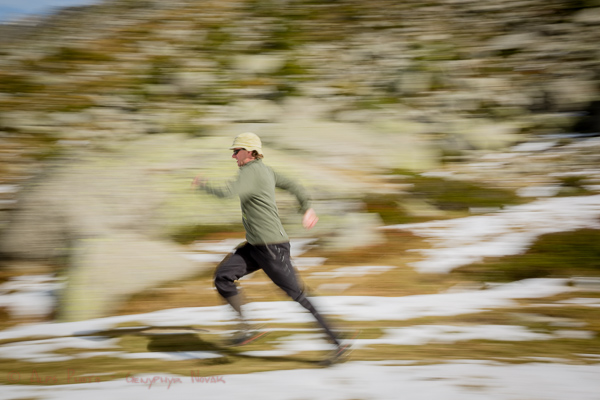
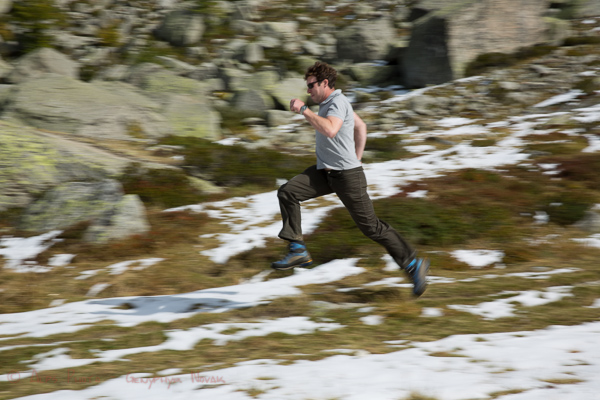
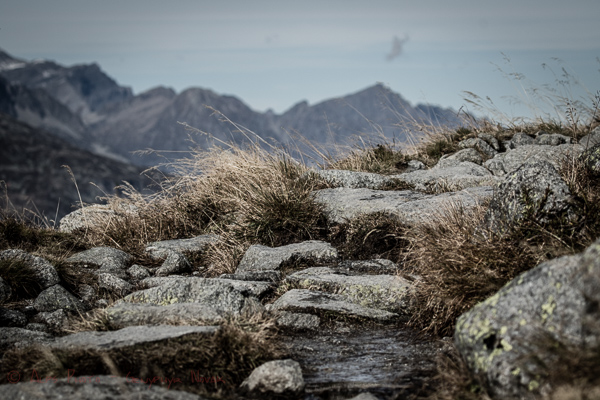
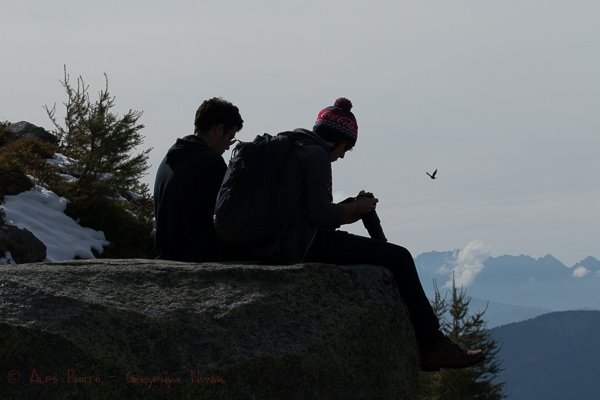
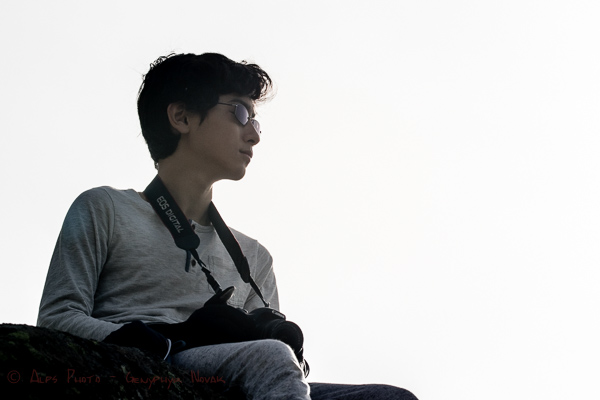
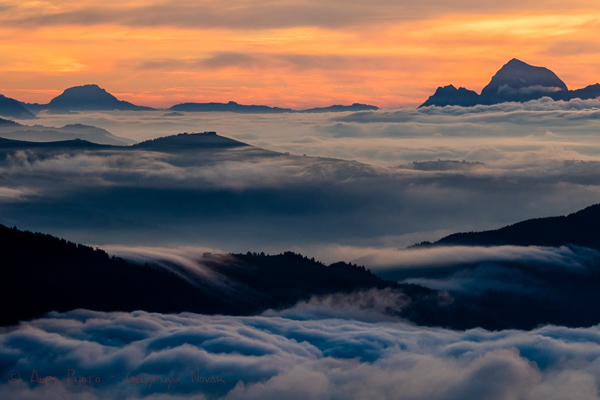
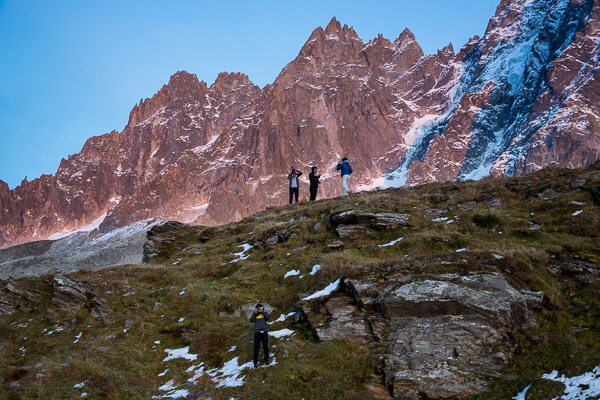
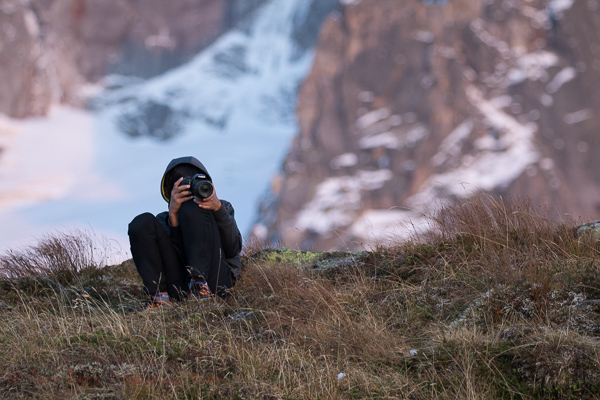
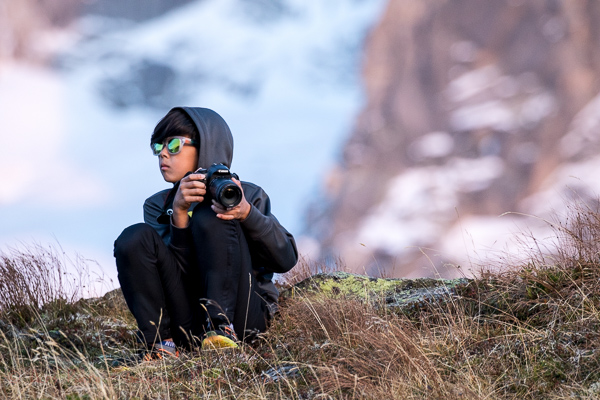
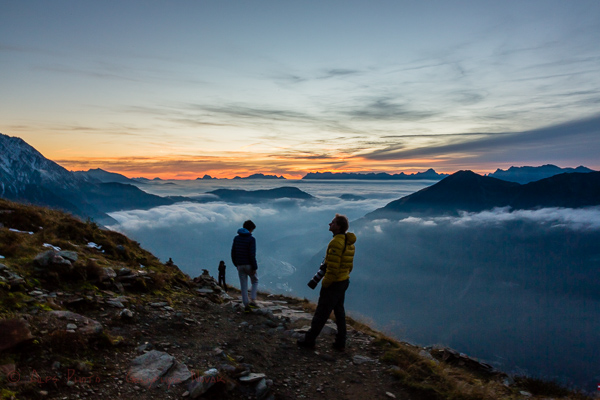
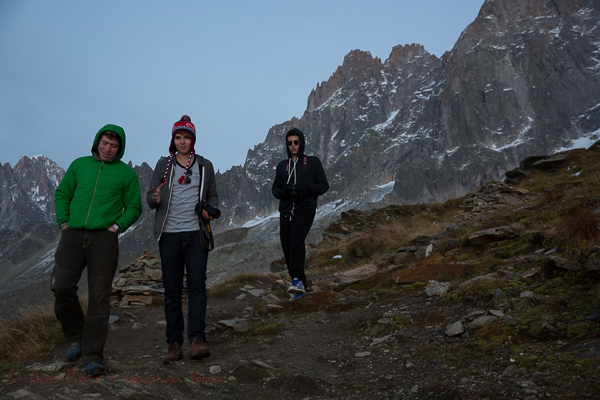
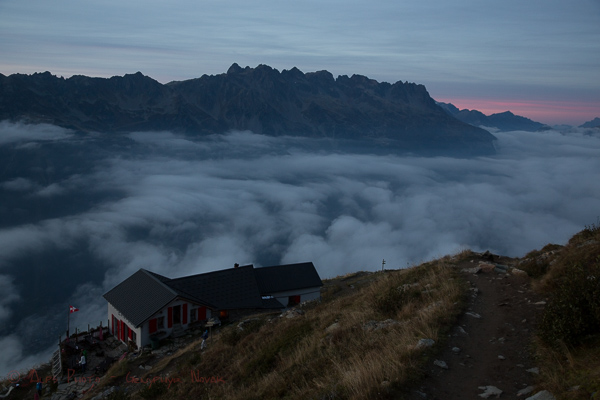
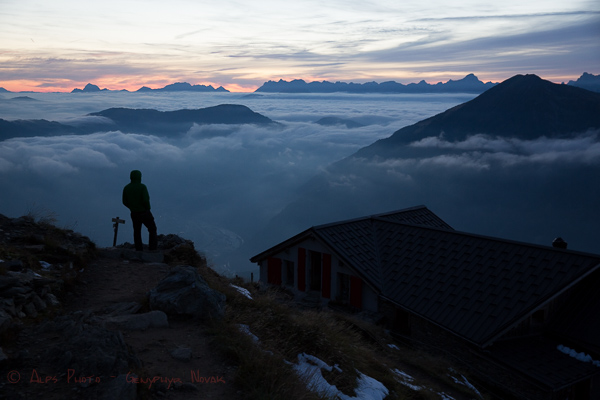
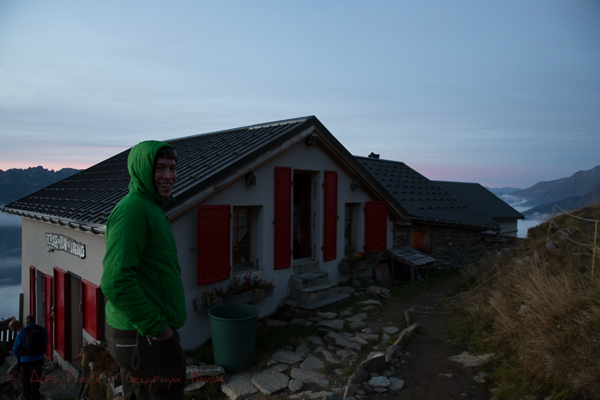
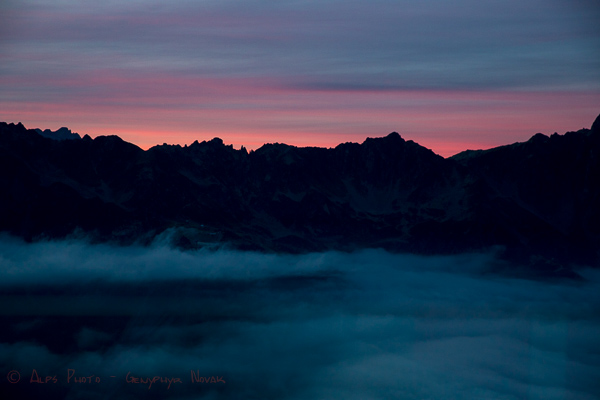
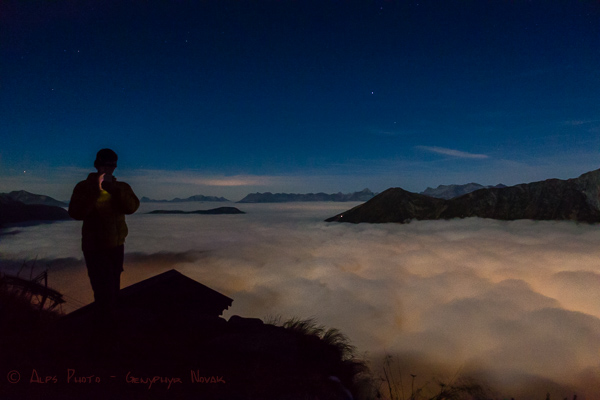
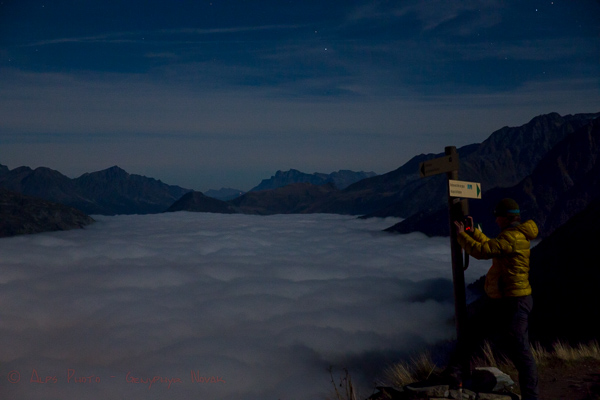
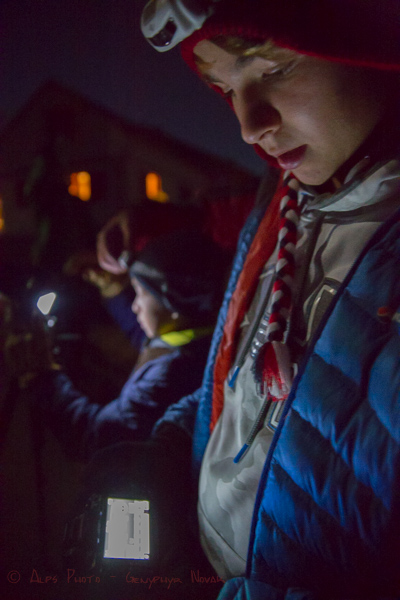
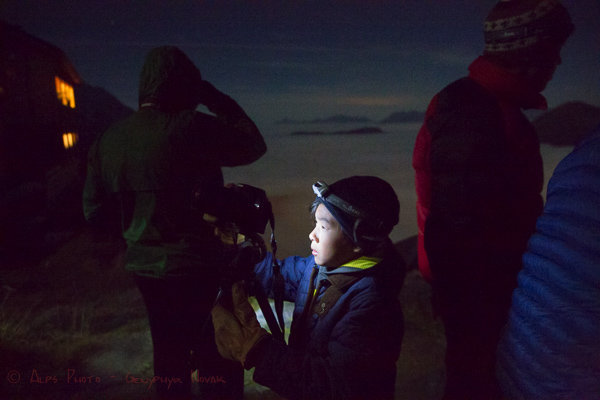
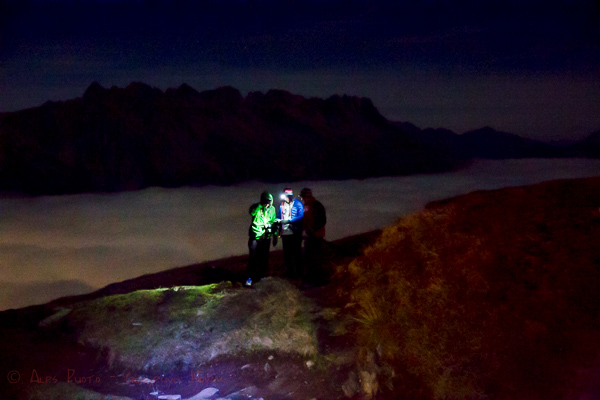
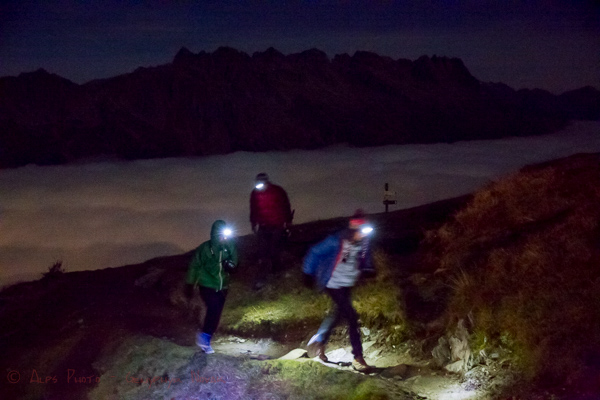
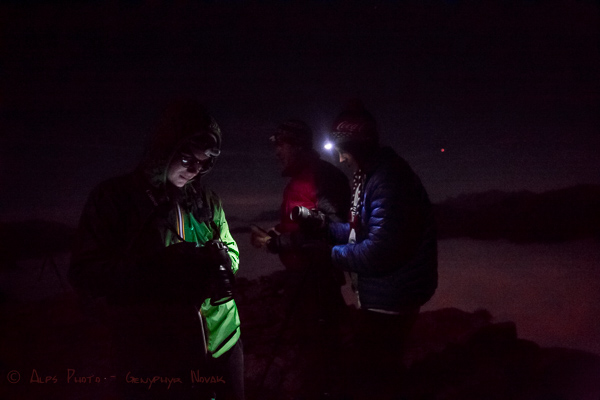
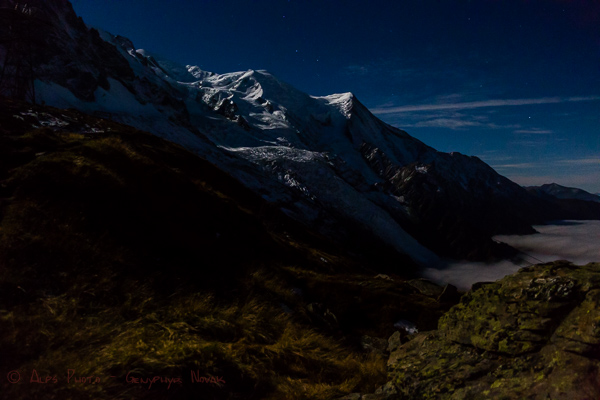
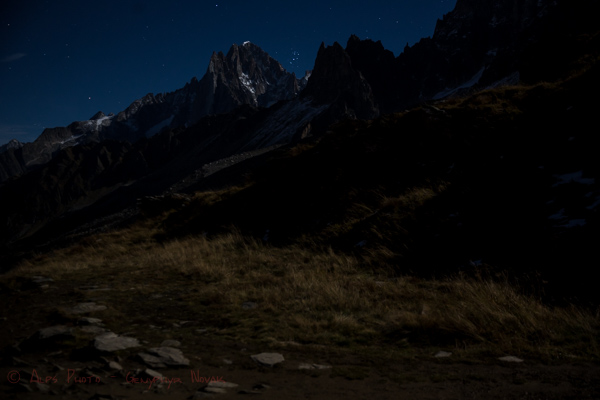
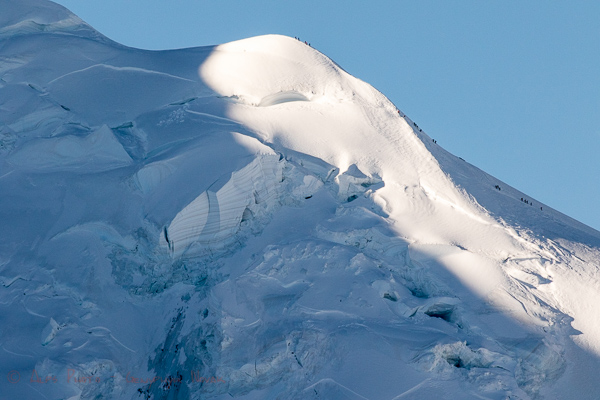
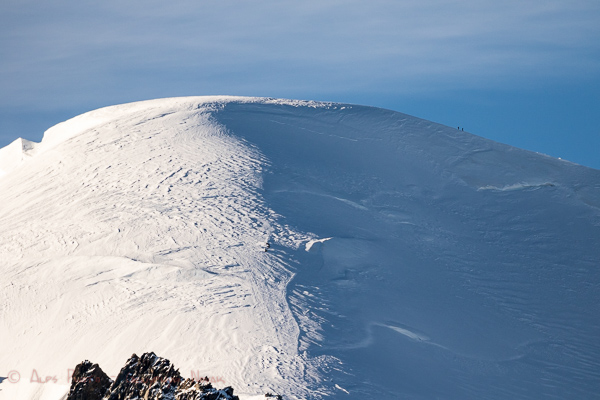
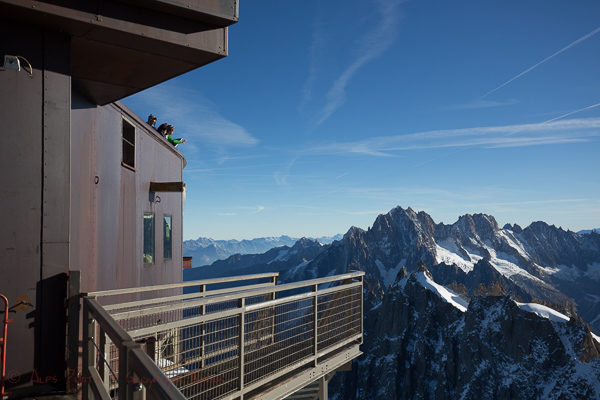
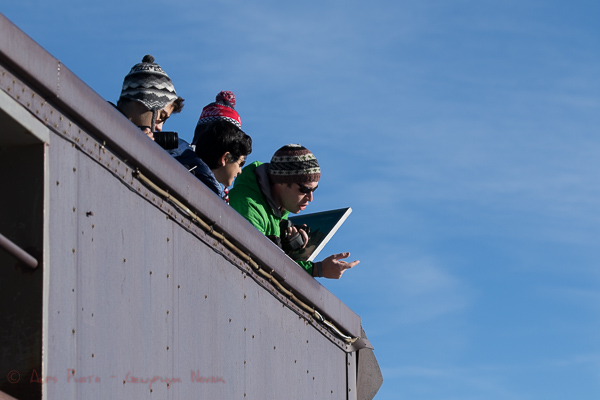
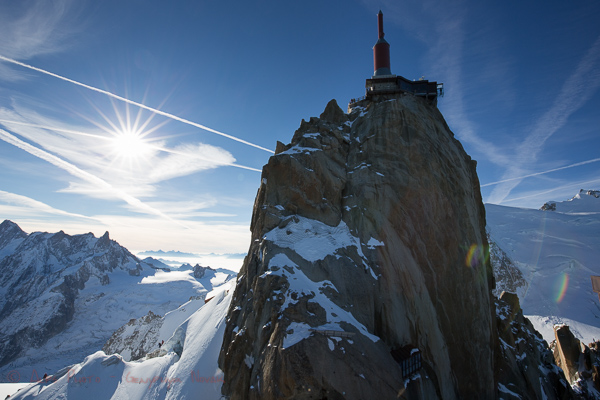
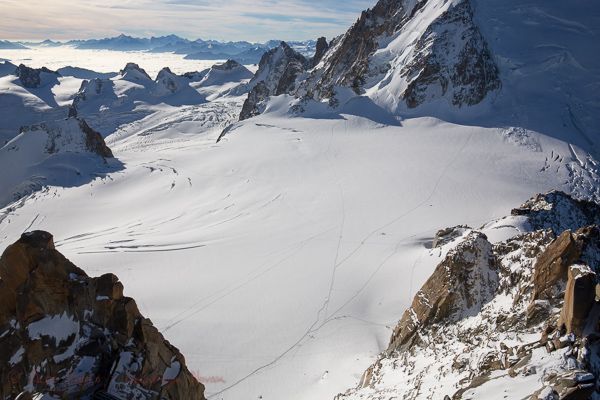
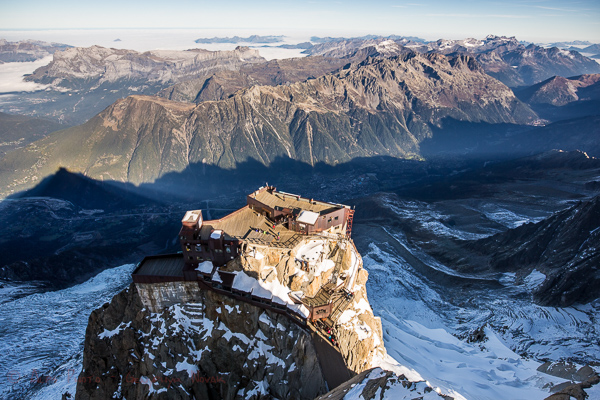
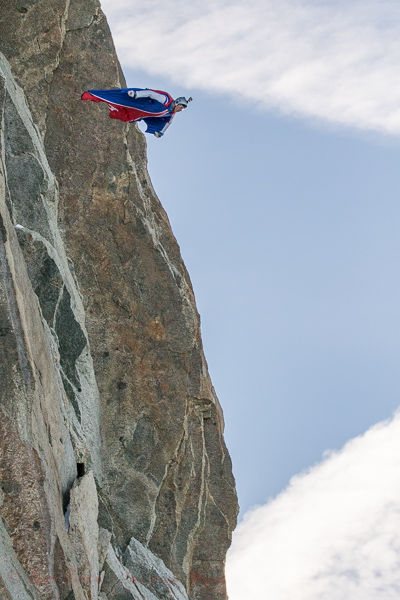
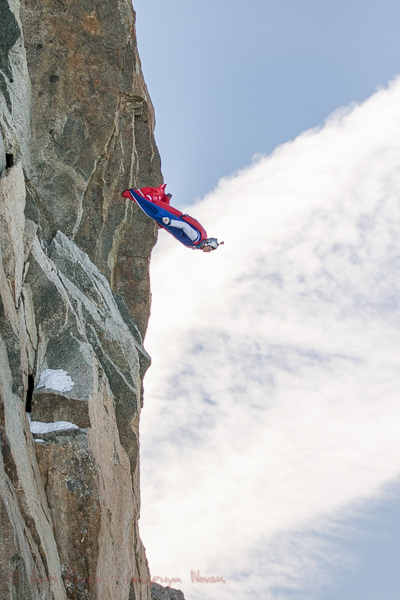
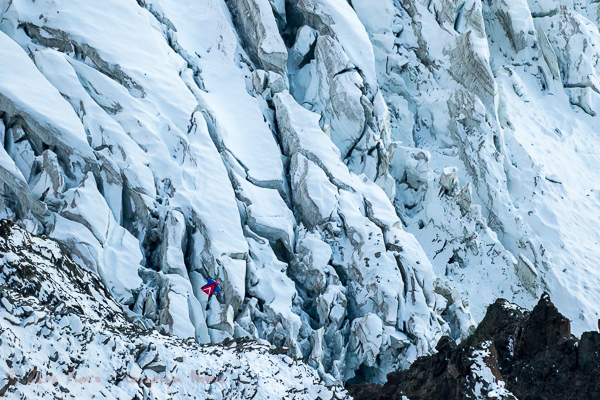
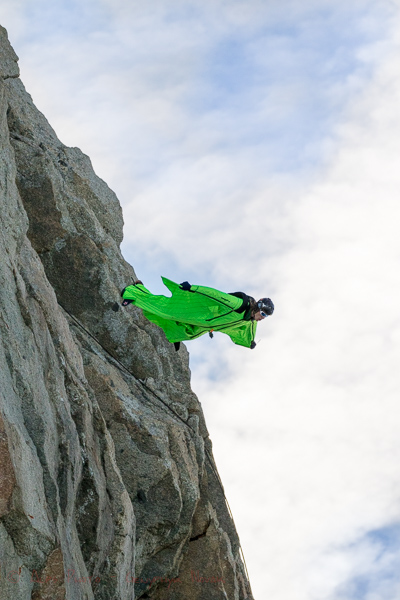
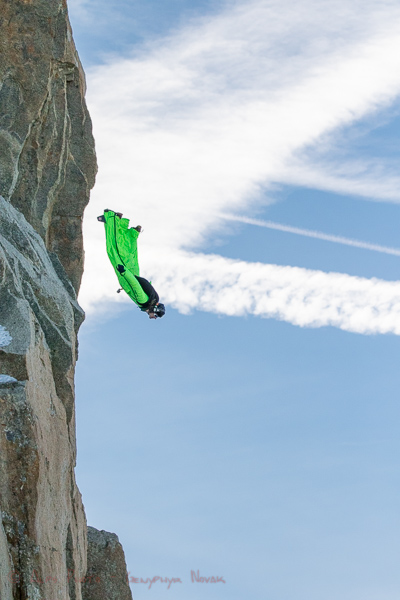
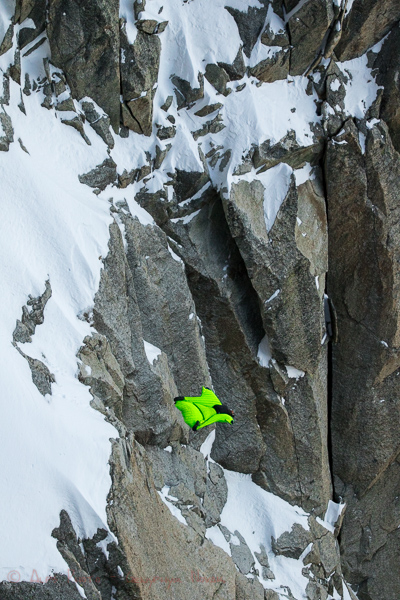
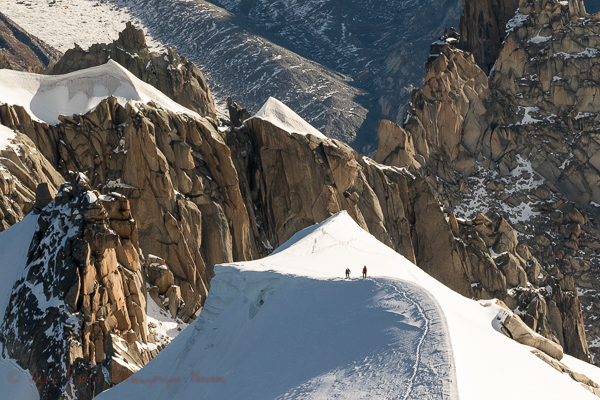
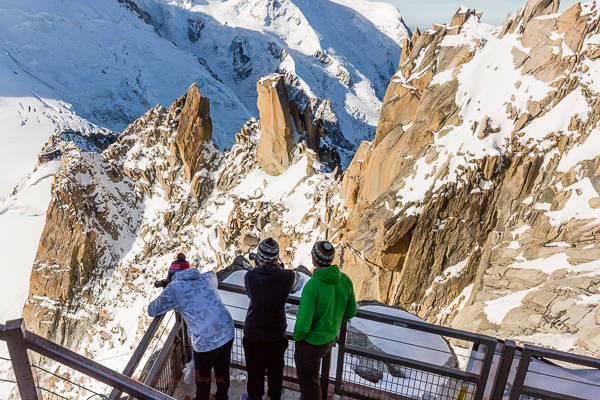
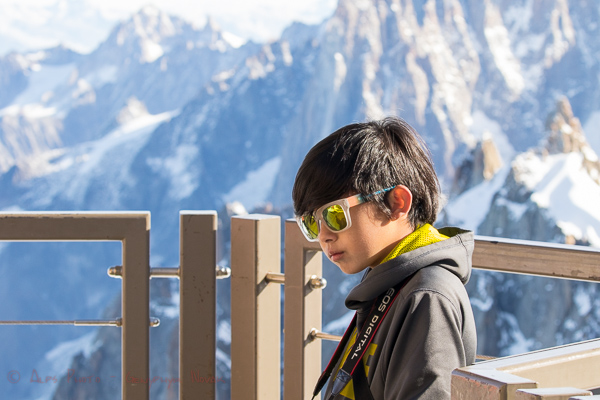






 Projection of the amazing photography of Pascal Tournaire at the Maison de l'Alpage in Servoz at 19h tomorrow -...
Projection of the amazing photography of Pascal Tournaire at the Maison de l'Alpage in Servoz at 19h tomorrow -...